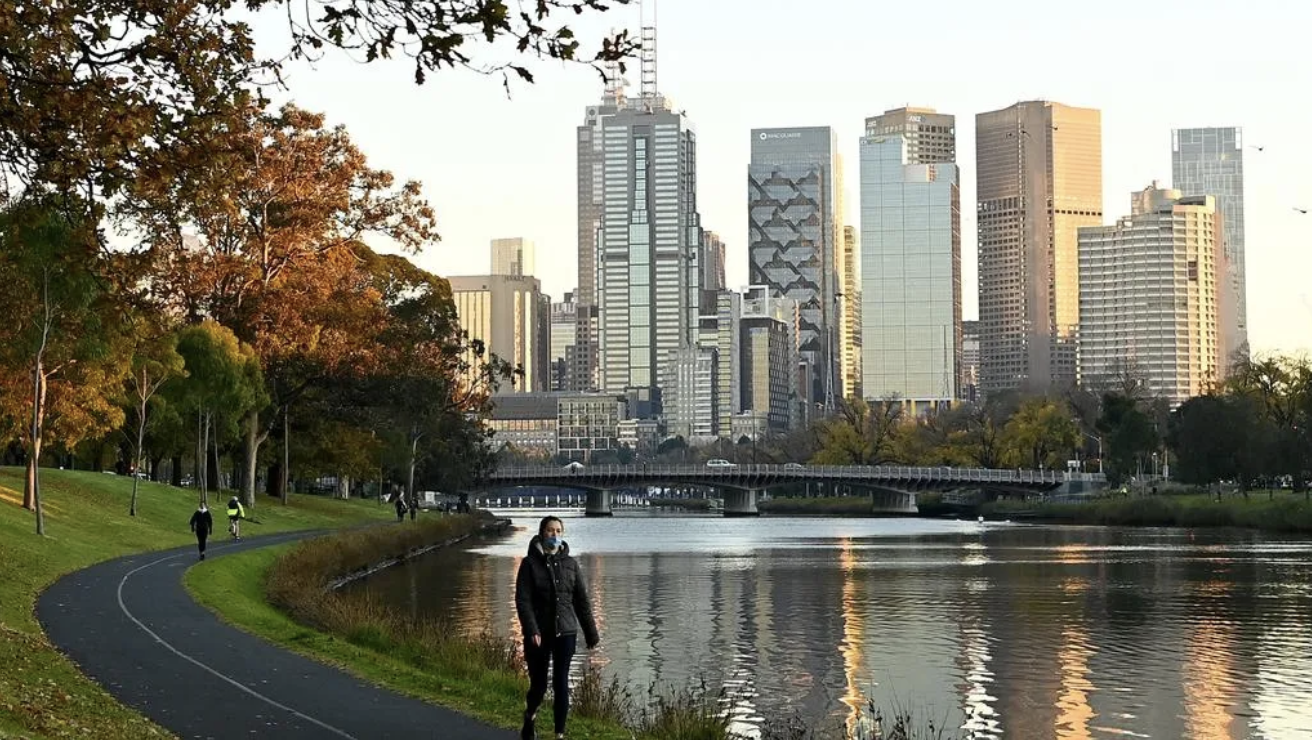Handy tips from a Buyer’s Advocate – When to stretch and when to drop out
8 min read

Picture this. You’re at an auction for your dream home and the bidding is reaching the upper end of your budget. You decide to drop out and the new owners snags it for $2K more than your last bid. Fast forward six months and you’ve bought another property for $20K more than you originally planned, and still think about that dream home you missed out on. Worst of all, you had that $20k all along, you just decided to hold back because you didn’t think it was worth stretching.
This is a very familiar story. We hear it all the time from clients who are sick of missing out on property and so come to speak to a Buyer’s Advocate for help. The question they often ask us is when should they stretch and go to the upper end of their budget and when should they drop out of the bidding or negotiations?
Melbourne Buyer’s Advocate Antoinette Sagaria suggests considering the following questions when you are deciding whether to make one last bid or drop out.
Are you going to live in the property?
If you are going to live in the property, then it is worth considering stretching. Particularly if you are planning on living there for a long time. Whilst initially the price may be on the higher end of your budget, over ten or more years then the price difference is probably going to be negligible.
If it’s a matter of an extra $20,000 to buy or not buy your family home it might be worth going higher. On a 30-year mortgage, you’re looking at a difference of around $85 per month on a 3% basic variable loan (owner occupied, 80% LVR).
If it’s an investment property, then you may feel more comfortable walking away with your money in your pocket and finding something that is going to net you as decent rental as opposed to being negatively geared because you spent too much upfront.
The costs of buying and selling again later
The cost of buying and selling property is very high. Rather than spending less now and planning on looking again in a few years, stretching to buy what you want now might actually make more financial sense in the long term and save you a lot of money in fees and duties.
Things like stamp duty on the new purchase, real estate agency fees on the property you’re selling, mortgage discharge and application fees with the bank, throw in some cosmetic renovations or touch ups and you will have spent a lot more than if you’d purchased what you wanted in the first place.
To see what the cost of buying and selling looks like, check out our buying and selling costs article here.
Polishing a turd
Another thing a lot of our potential buyers speak about is buying something that’s ‘not quite there’ and renovating it down the track. They suggest this as an option rather than buying a turn-key property in the first place. For some people this makes a lot of sense, particularly if their budget can’t quite reach to where they want to be right now and they can renovate at a later stage.
That said, for every person who successfully renovates there are also others who completely blow their budget, don’t do the renovation justice or are trying to renovate something that doesn’t have the quality in the structure or layout to justify the upgrade.
If, however you’re looking at buying something that ticks all the boxes and doesn’t need renovating, it may just be worth spending the extra and saving yourself the time, money, and the effort of trying to DIY.
Other things to consider
- The location of where you want to buy is important, but sometimes if your budget won’t quite reach as far as the suburb you want to live in you may need to consider those suburbs which surround it. Yes, the blue-chip suburb by the beach might be nice, but a few blocks away might save you $100K or more and only be a few extra minutes away from that same beach.
- Don’t bid at an auction for the purpose of driving up the price if you know you are unlikely to be the buyer. You’re just helping set a suburb record that’s going to hinder you when you find the next one.
- Finally, be honest about your budget. If you’re pre-approved and know you can afford it then go for it. So many people miss out because they get cold feet when they could easily have been successful at the auction. Let’s be clear. We’re not advocating for you to go and make on offer on more than you have been pre-approved for or to bid on something that is outside of your budget.
- Be realistic about what your budget affords you. Yesterday’s prices are in the past and just because someone bought the house next door for $50k less two years ago doesn’t mean you’ll buy in at a similar price. No one is buying bargains, but realistic buyers are able to look back with relief that they bought with confidence when they did.
Picture: Quinn Rooney



